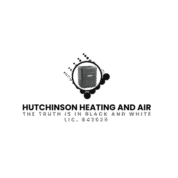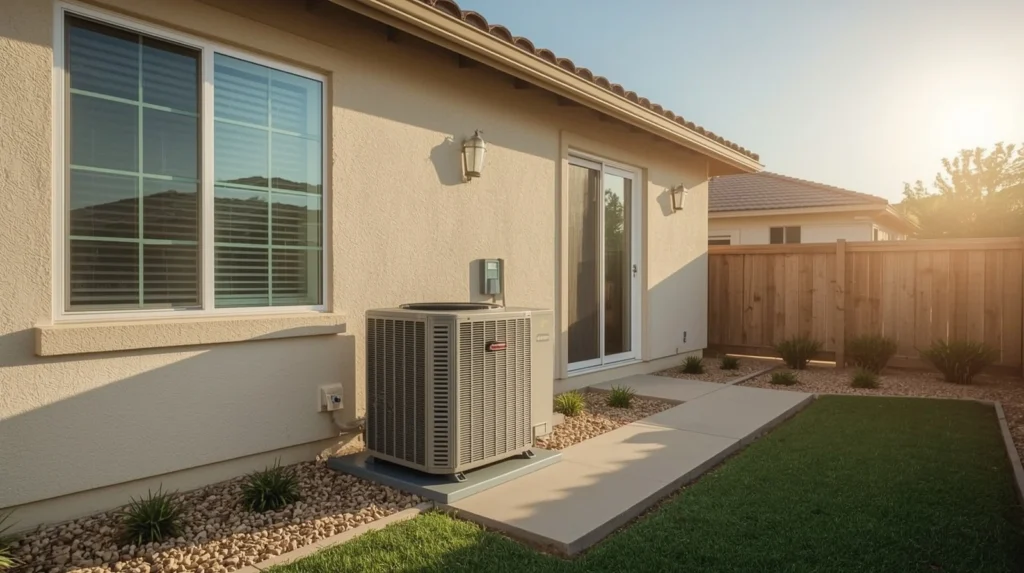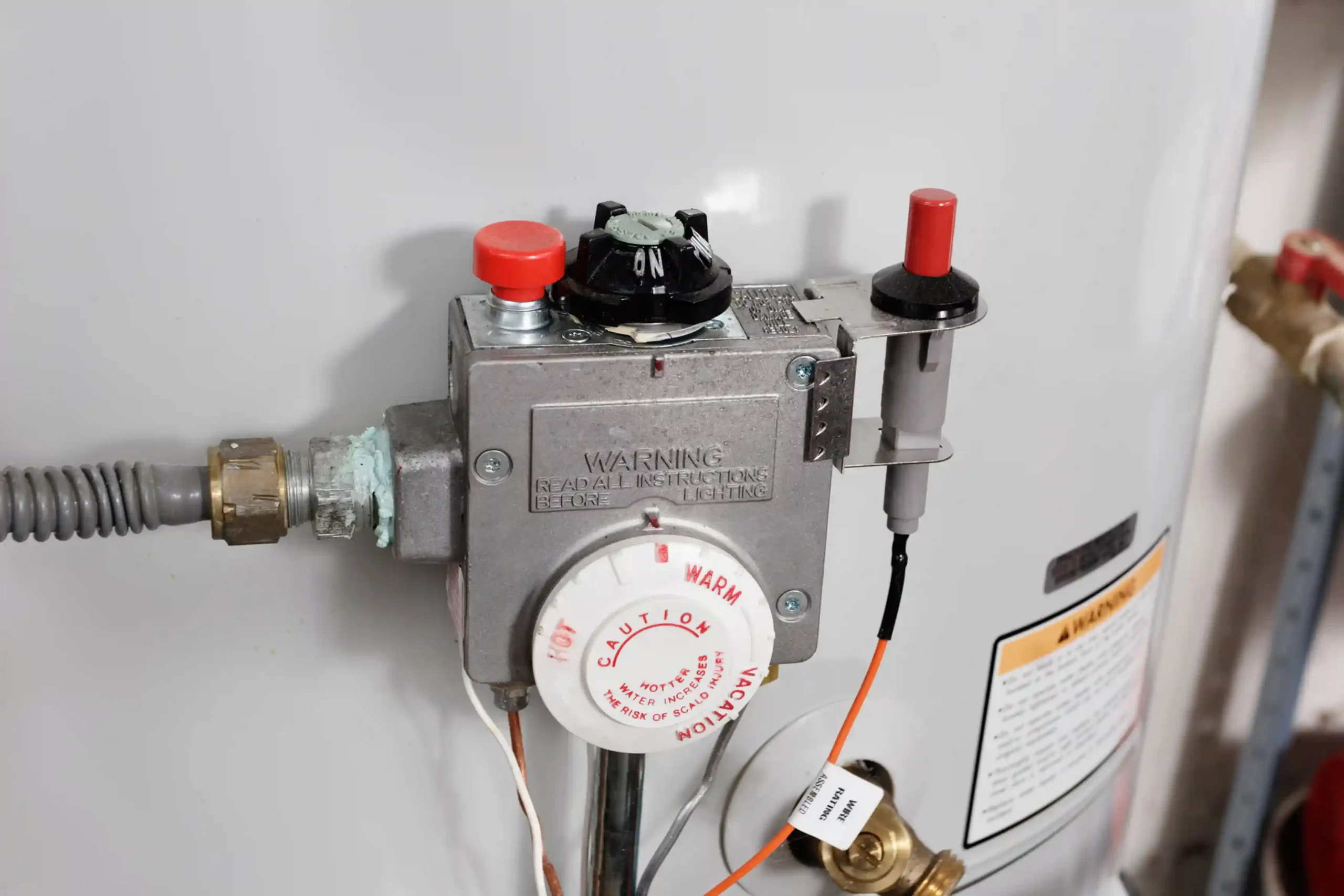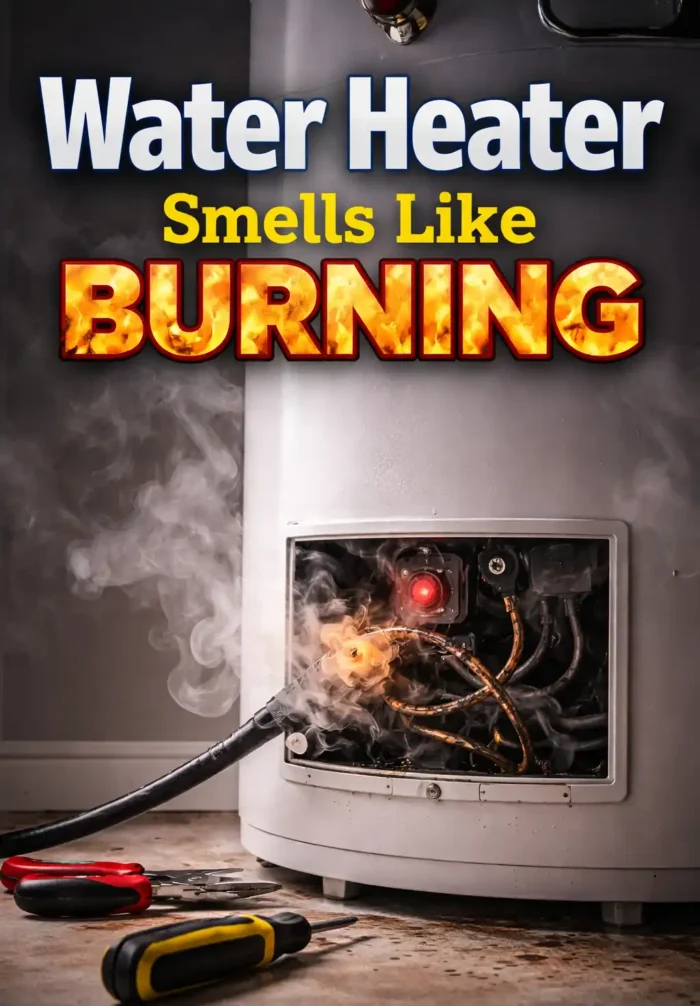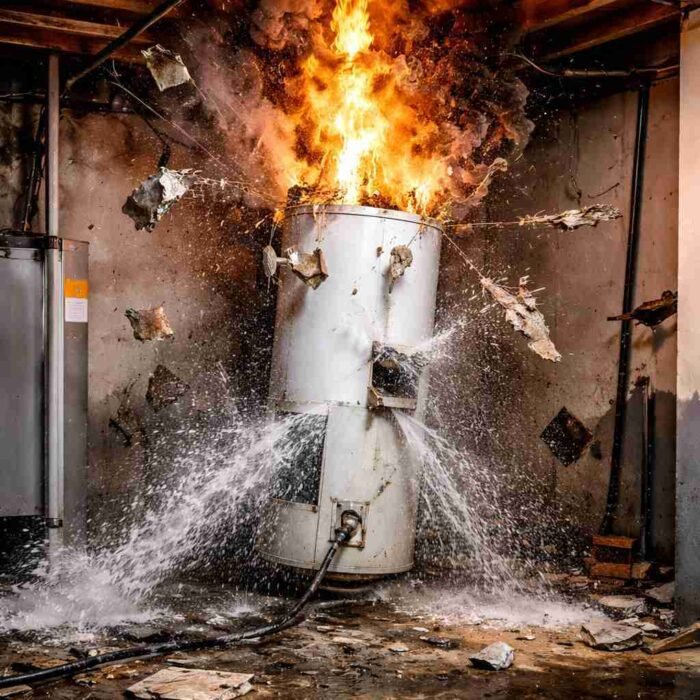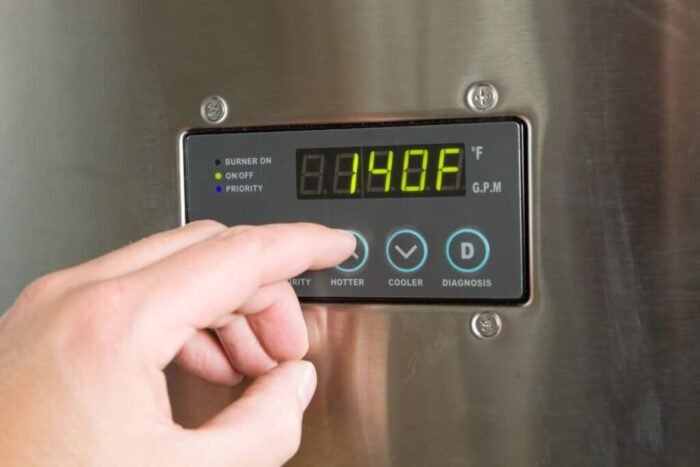Electric heat pumps are necessary for maintaining home comfort, providing efficient heating and cooling year-round. However, like any system, they require regular care. Proper maintenance ensures they run smoothly and last longer, while neglecting it can lead to costly repairs and reduced efficiency. This guide outlines essential maintenance tasks, so you can keep your heat pump in top condition.
Table of Contents
ToggleWhy Electric Heat Pump Maintenance Matters
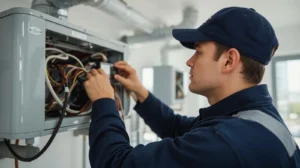
Regular maintenance is crucial for the efficient operation of your heat pump. Neglecting it can result in decreased performance, higher energy bills, and even unexpected breakdowns. Here’s why maintaining your heat pump is essential:
Improved Energy Efficiency
Prolonged System Lifespan
Reduced Risk of Costly Repairs
A well-maintained system ensures your comfort and peace of mind, enhancing energy savings and system longevity.
How Often Should You Service Your Heat Pump?
To ensure optimal performance, it’s essential to service your heat pump at least once a year. The best time to schedule maintenance is before major seasons change, such as before winter or summer. Regular service will prevent issues and maintain efficiency, keeping your home comfortable year-round.
If your system is aging and frequent repairs are needed, it might be worth comparing the cost of replacing a heat pump or full HVAC system in 2025.
Key times for maintenance:
Pre-heating season in fall
Pre-cooling season in spring
Heat Pump Maintenance Checklist: Key Tasks for Homeowners
Regular maintenance boosts your heat pump’s performance and efficiency. Here’s a detailed checklist of tasks to perform:
Clean or Replace Air Filters
Air filters are crucial for maintaining airflow. Dirty filters restrict air circulation, causing the system to work harder. Clean or replace them every 1-3 months to keep the system efficient.Inspect and Clean the Outdoor Unit
The outdoor unit needs regular inspection to remove debris like leaves and branches, which can obstruct airflow. Trim vegetation around the unit to ensure peak performance.Check and Seal Ductwork
Leaky ducts can lead to energy loss. Inspect and seal any gaps in your ductwork to improve efficiency and reduce costs.Test Thermostat and Controls
Test your thermostat regularly to ensure accurate temperature regulation. Proper thermostat settings help maintain desired comfort levels and reduce energy consumption.Lubricate Moving Parts
Apply lubricant to moving parts to reduce friction and wear, preventing unnecessary strain on the system and extending its lifespan.Inspect Electrical Connections
Loose electrical connections can be hazardous. Regularly inspect connections and tighten any loose wires to avoid safety risks.Check Refrigerant Levels and Lines
Ensure that refrigerant levels are correct and inspect the lines for leaks. Proper refrigerant levels help maintain system efficiency.Clear the Condensate Drain
A blocked condensate drain can cause water damage. Regularly check and clear the drain to maintain functionality and prevent issues.
Air Source Heat Pump Maintenance: Special Considerations
Air source heat pumps face unique challenges due to exposure to outdoor elements. These units need additional care, such as:
Ice Build-Up During Winter
Ice accumulation can affect operation, so regularly check for and clear any ice buildup to prevent performance issues.Damage from Falling Debris
Keep the area around your outdoor unit clear of debris that could cause damage.Clearance for Airflow
Ensure there’s sufficient clearance around the outdoor unit to promote proper airflow and efficiency.
A proactive approach to these considerations will extend the life of your heat pump and prevent unexpected breakdowns.
When to Call a Professional for a Heat Pump Tuneup
While regular maintenance can help prevent issues, it’s essential to call a professional if you notice any of the following:
Strange noises from the unit
Poor temperature regulation
Reduced energy efficiency
A trained HVAC technician can identify hidden issues and provide a detailed tuneup to ensure your heat pump operates efficiently year-round.
Heat Pump Maintenance Tips for Year-Round Efficiency
To keep your heat pump running efficiently all year, follow these simple tips:
Set the thermostat to a consistent temperature
Keep the unit area free from obstructions
Schedule regular professional inspections
For energy-saving practices, the U.S. Department of Energy also recommends proper thermostat settings and routine care.
Keeping Records and Following Manufacturer Guidelines
Maintaining detailed records of maintenance activities is crucial. Note service dates and any anomalies for future reference. Always follow the manufacturer’s guidelines, as each heat pump unit may have specific needs for optimal performance.
Conclusion: Invest in Comfort and Efficiency
Regular electric heat pump maintenance is essential for home comfort and energy efficiency. By following the steps outlined in this guide, you ensure your system operates efficiently and effectively throughout the year. Investing in proper maintenance not only prevents costly repairs but also extends the life of your heat pump, helping to keep your home cozy while reducing energy bills.
Reliable Heater Maintenance for Year-Round Comfort
Keep your heating system efficient and ready for every season. Schedule expert heater maintenance today!
